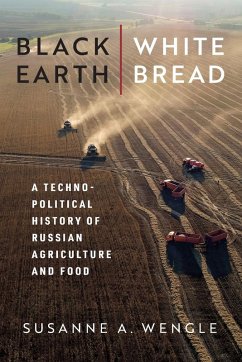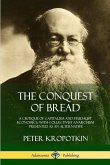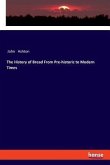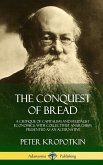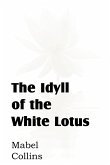Like all facets of daily life, the food that Russian farms produced and citizens ate-or, in some years, didn't eat-underwent radical shifts in the century between the Bolshevik Revolution and Vladimir Putin's presidency. The modernization of agriculture during this time is usually understood in terms of advances in farming methods. Susanne A. Wengle's important interdisciplinary history of Russia's agriculture and food systems, however, documents a far more complex story of the interactions between political policies, daily cultural practices, and technological improvements. Examining governance, production, consumption, nature, and the ensuing vulnerabilities of the agrifood system, Wengle reveals the intended and unintended consequences of Russian agricultural policies since 1917. Ultimately, Black Earth, White Bread calls attention to Russian technopolitics and how macro systems of government impact life on a daily, quotidian level.

